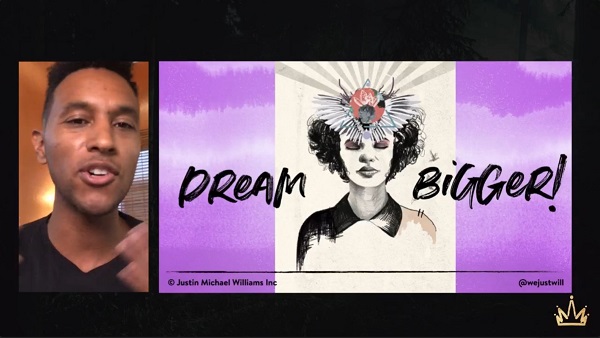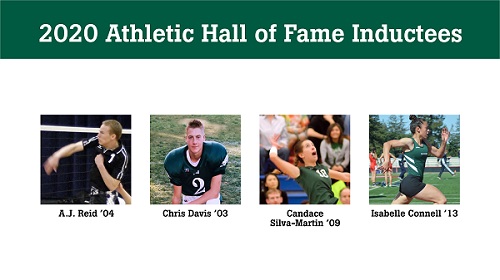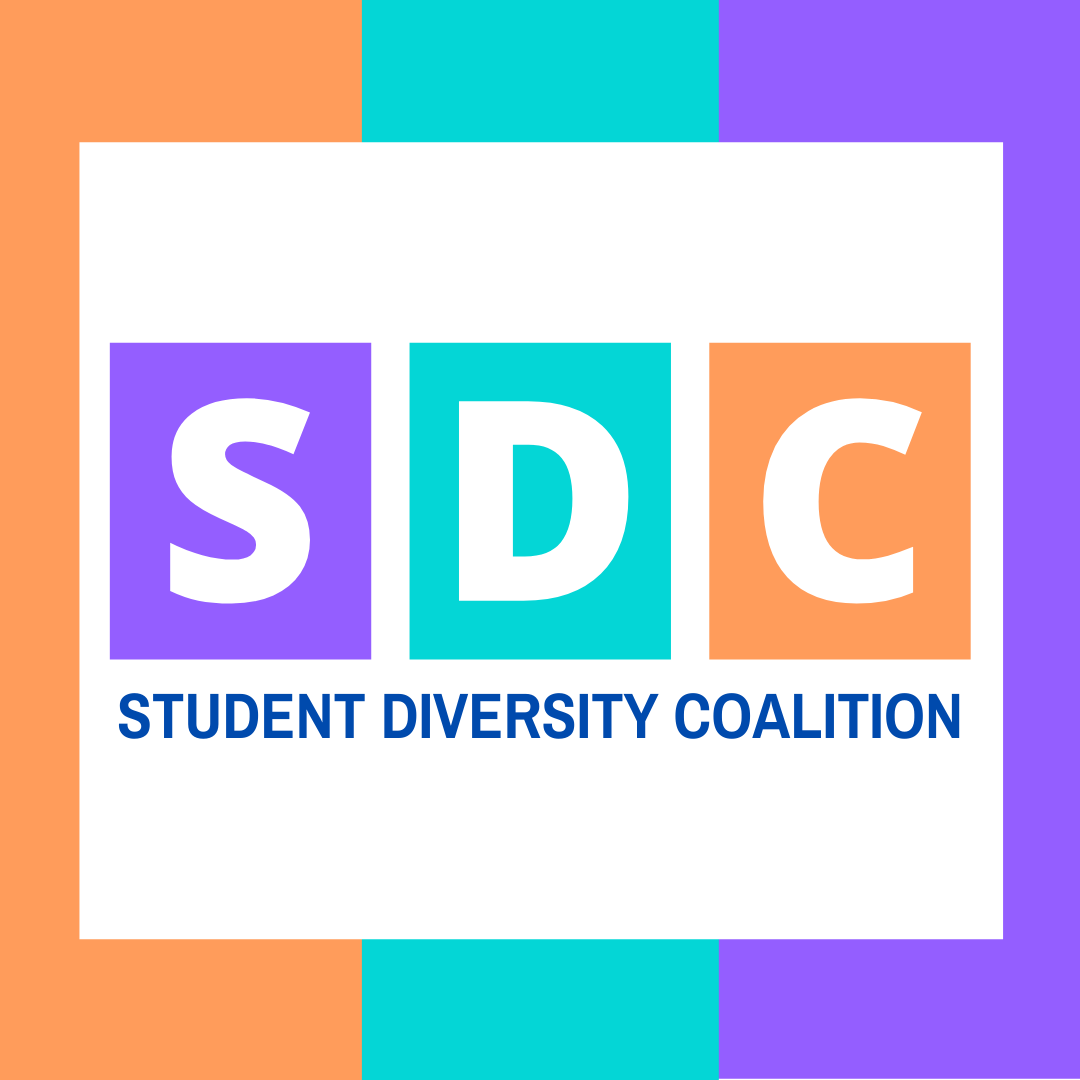On Tuesday, Harker’s LIFE (Living with Intent, Focus and Enthusiasm) organization held a special assembly featuring speaker, singer and author Justin Michael Williams.
express
Freshman wins Wells Fargo Community Innovation Award
Last week, freshman Sriram Bhimaraju received the third place Wells Fargo Community Innovation Award in Arizona State University’s Sustainability Solutions Science Fair at the middle school level.
Four more alumni inducted into Athletic Hall of Fame
On Friday night, four Harker alumni — A.J. Reid ‘04, Chris Davis ‘03, Candace Silva-Martin ‘09 and Isabelle Connell ‘13 — were inducted into the Harker Athletic Hall of Fame during a special virtual ceremony.
Student Diversity Coalition looks forward to fostering DEI discussions
Last week, the Student Diversity Coalition was formally established by seniors Brian Pinkston, Dylan Williams, Natasha Yen and junior Uma Iyer.
Harker speech and debate dominant at early tournaments
The upper and middle speech and debate teams did not miss a beat as they switched to the new world of online tournaments.
Three Eagles named finalists for national golf and community service award
The American Junior Golf Association and the USGA recently announced the nine finalists for the 2020 USGA-AJGA Presidents’ Leadership Award, with three being Harker Eagles!
Watch: New buildings take shape in latest construction update
In this month’s middle school construction project update, facility manager Mike Bassoni talks steel and shares some exciting details about the new gym and theater complex as the new buildings begin to take shape.
Senior’s COVID-19 research published in peer-reviewed journal
Senior Shray Alag had his research published yesterday by PLOS One, an international peer-reviewed scientific journal.
First Windows and Mirrors assembly offers insight into Jewish communities
Last Friday, the middle school invited guest speaker Andy Lulka to the first Windows and Mirrors assembly.
[UPDATED] Eighth grader named finalist 2020 Broadcom MASTERS program
Eighth grader Anika Pallapothu was named one of the top 30 finalists in the 2020 Broadcom MASTERS program.









